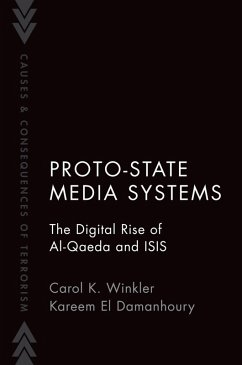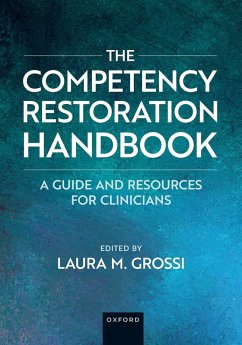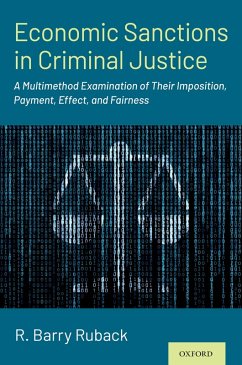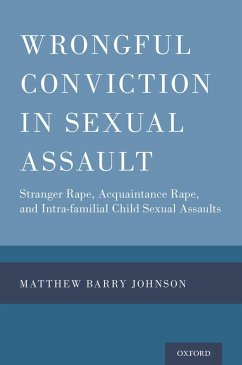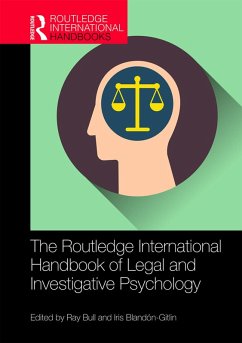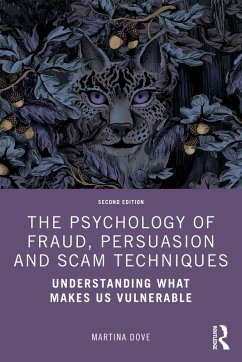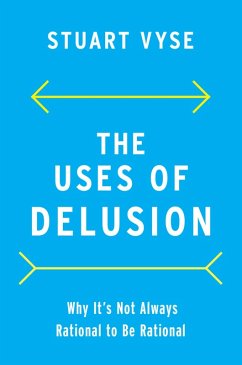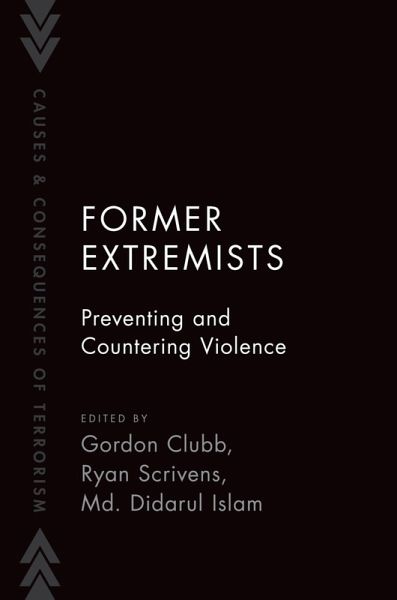
Former Extremists (eBook, ePUB)
Preventing and Countering Violence
Redaktion: Clubb, Gordon; Islam, Md. Didarul; Scrivens, Ryan
Versandkostenfrei!
Sofort per Download lieferbar
16,95 €
inkl. MwSt.
Weitere Ausgaben:

PAYBACK Punkte
8 °P sammeln!
This is an open access title available under the terms of a CC BY-NC-ND 4.0 International licence. It is free to read on the Oxford Academic platform and offered as a free PDF download from OUP and selected open access locations. This collection is the first on ex-extremists and combatants (Formers) in violence prevention work. While the engagement of Formers in violence prevention programs--especially in the context of countering and preventing violent extremism (P/CVE), and peacebuilding--has expanded across the world, their involvement has been controversial and contested. This volume captu...
This is an open access title available under the terms of a CC BY-NC-ND 4.0 International licence. It is free to read on the Oxford Academic platform and offered as a free PDF download from OUP and selected open access locations. This collection is the first on ex-extremists and combatants (Formers) in violence prevention work. While the engagement of Formers in violence prevention programs--especially in the context of countering and preventing violent extremism (P/CVE), and peacebuilding--has expanded across the world, their involvement has been controversial and contested. This volume captures a variety of work Formers are engaged in across a range of contexts, broadly divided into three themes on their effectiveness, ethical considerations, and implementation. Written by a range of authors with diverse perspectives including academics, former extremists, peer mentors, program leaders, and practicing psychologists, chapters include Formers in North American research, the role of former Northern Irish combatants in peacebuilding, collaborating with Formers, the ethical imperatives of engaging Formers in P/CVE efforts, and more. Taken together, the book ultimately offers a snapshot of the ongoing policy debates while contributing to the future direction of work involving Formers in violence prevention.
Dieser Download kann aus rechtlichen Gründen nur mit Rechnungsadresse in A, B, BG, CY, CZ, D, DK, EW, E, FIN, F, GR, HR, H, IRL, I, LT, L, LR, M, NL, PL, P, R, S, SLO, SK ausgeliefert werden.





